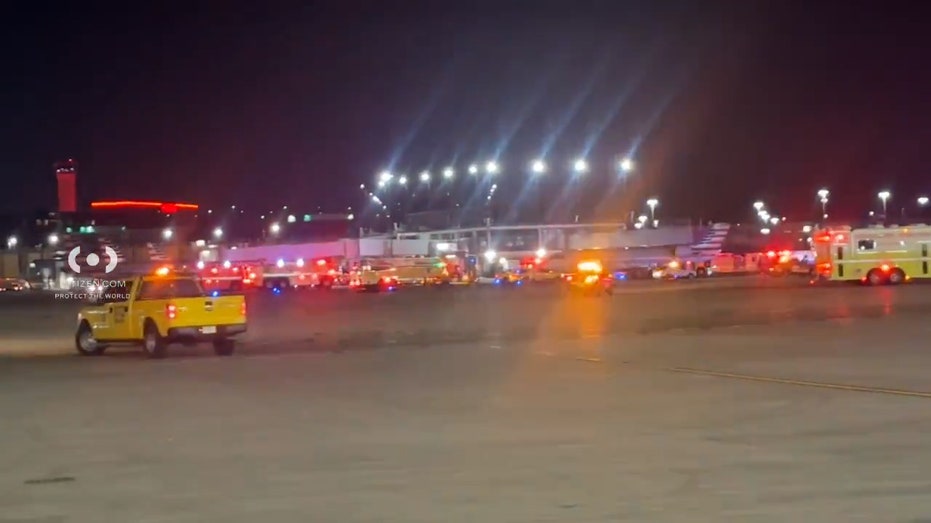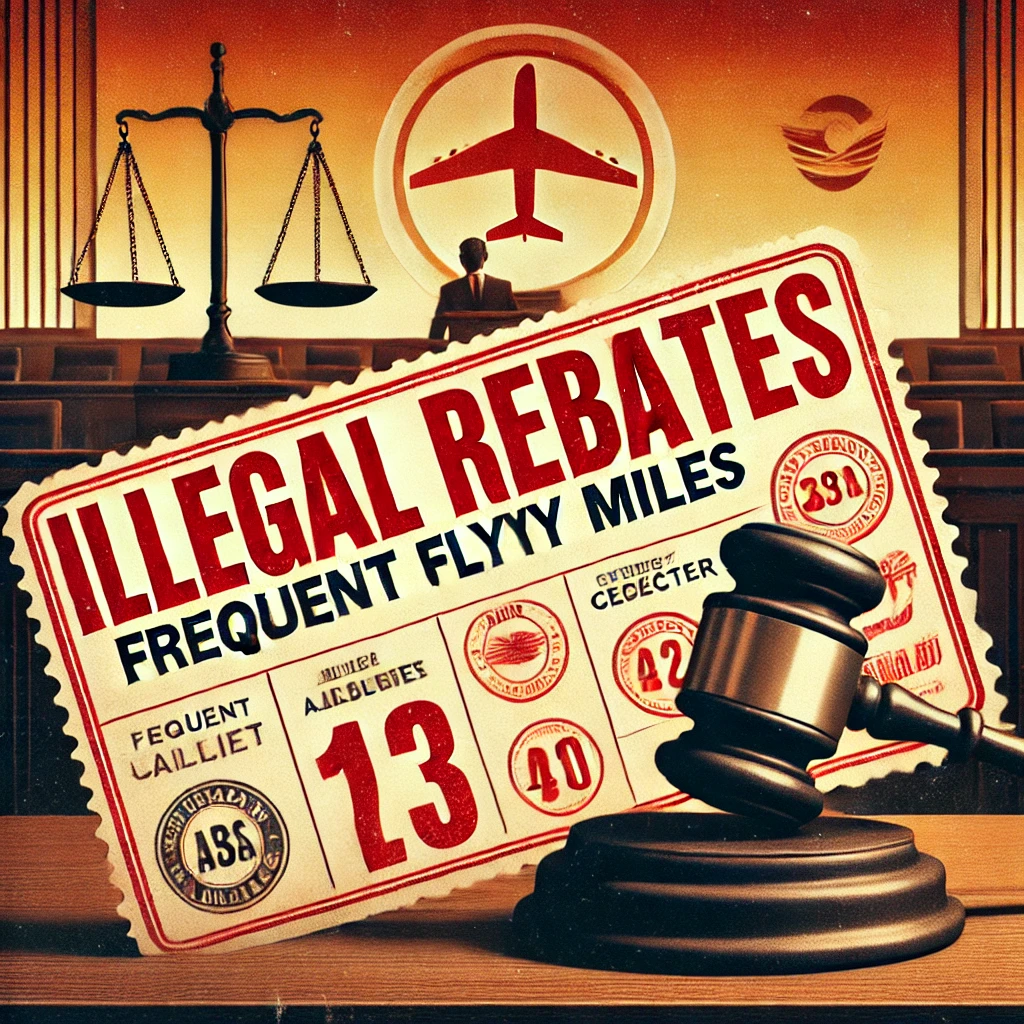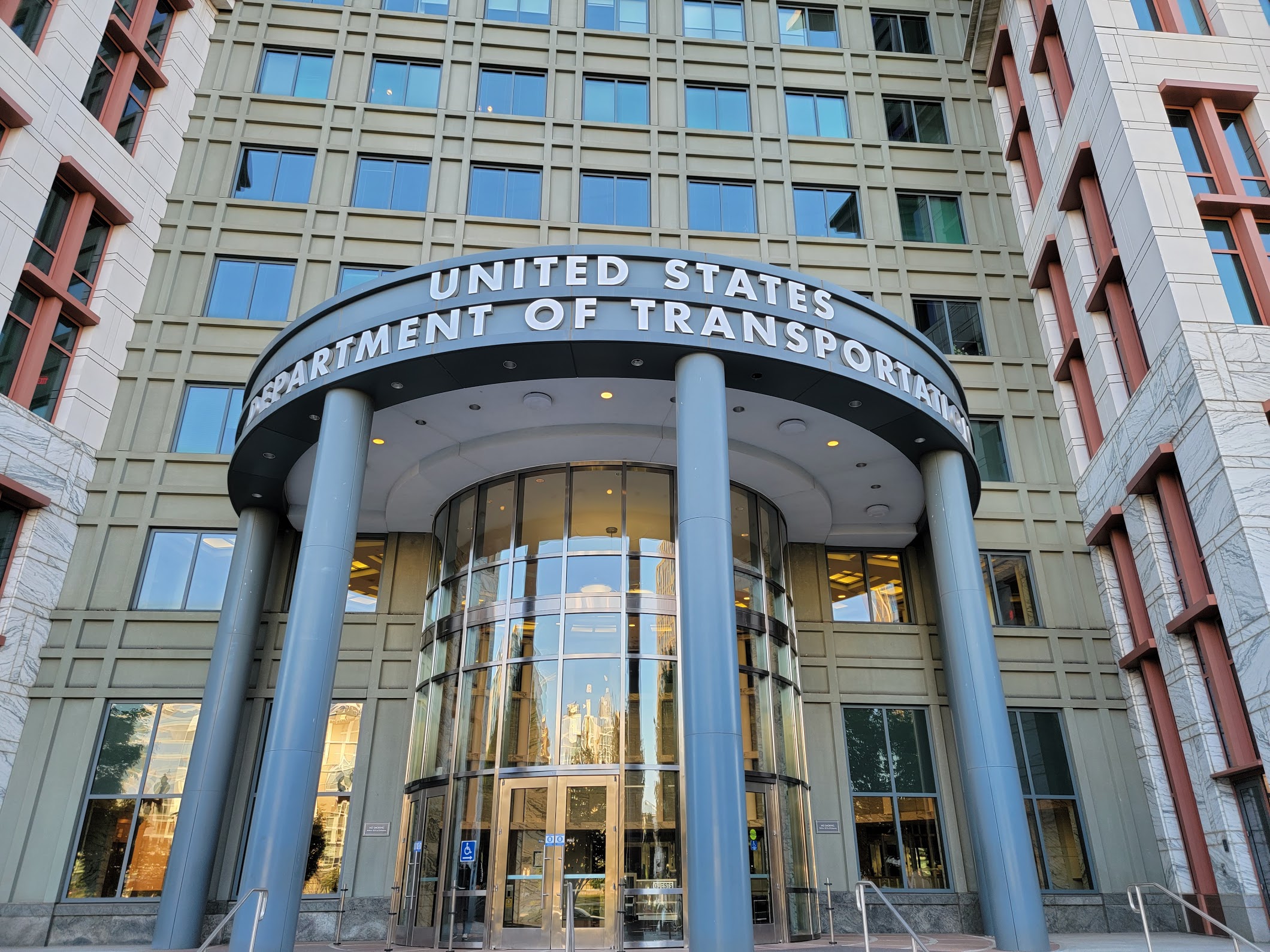Cleaning out the Augean Stables – Part II
10th December 2022 [The Federal Aviation Authority (FAA), the Food and Drugs Administration, compare and contrast]. A while back I began to write a blog called. ‘We need a couple of plane crashes.’ Which may sound a little harsh. But the point I was hoping to make is that plane crashes make front page news […]
10th December 2022
[The Federal Aviation Authority (FAA), the Food and Drugs Administration, compare and contrast].
A while back I began to write a blog called. ‘We need a couple of plane crashes.’ Which may sound a little harsh. But the point I was hoping to make is that plane crashes make front page news around the world. They are highly visible, and terribly frightening. They certainly can’t be hidden away from the public.
One plane crash may not be seen as such a big deal, after all these things can happen. Two plane crashes, for the same reason, in the same make and model of plane. Now you’re talking. Planes will be grounded around the world. A massive investigation will take place. Headlines generated.
Outrage shall be expressed by politicians. The phrases: ‘heart-rending’, ‘my thoughts and prayers are with the families’ ‘we will strain every sinew’ ‘horrified’ will be greatly overused. Thesauruses shalt be scanned, searching out synonyms for terrible: shocking, horrifying, dreadful, appalling etc.
Yes, I am talking here about the Boeing Max 737 crash. With depressing inevitability, all the usual issues were uncovered. For example, the silencing of whistle-blowers prior to the crash. I enjoyed some of the internal memos that were discovered:
‘The messages contained harshly critical comments about the development of the 737 MAX, including one that said the plane was “designed by clowns who in turn are supervised by monkeys.” 1
Oh yes, people in the company knew. They always do. Then silenced they are, yes.
In this case, though, we had an added bonus. The chief executive of Boeing tried to blame the pilots – ‘nothing to do with our super-safe planes’. This was the play book of the desperate. A man scattering blame in all directions – but his. A man who, it should be added, walked off with a $62.2m bonus… As compensation.
Oh well, at least he received no severance pay to go with it. So, he might just about be able to get by on his rather meagre compensation. Compensation! For what? Being an utterly heartless bastard. 1
As it turned out, the cause of the crashes was a new piece of technology designed to keep the plane from pitching up, or down, can’t remember which. It was required because Boeing were putting great big new engines on airframes that were not designed to take them. The airframe was launched in the 1960s, the new engines appeared fifty years later. It was a way to upgrade the 737 on the cheap.
‘We can make them fit. We can, we can.’ What, they can make them fit sixty years later. A period of time longer than it took to get from the Wright brothers original flight to the Boeing 737 itself. Think upon that.
Of course, they didn’t bother telling pilots that this ‘fudge-it’ system existed – or at least they didn’t tell most of them. So, when the plane suddenly decided to pitch up, or down, controlled by the new system, the pilots had no idea what the hell was going on.
The subsequent battle between computer, and pilot, ended up driving the planes into the ground. All of this was entirely, and absolutely, the fault of Boeing. Who, it appears, were well aware of exactly what had happened after the first crash. Yet they still tried to pin the blame on the pilots, and fought to keep the planes in the air.
Yes, this stuff really does restore your faith in humanity, does it not? Compensation of $62.2 million. I was thinking more along the lines of a very long jail sentence. Hey ho.
Then, attention moved to the Federal Aviation Administration (FAA) itself. The very agency whose job it is to ensure that planes are as safe as safe can be. Surely these guys should have picked up on this problem? Here are a couple of short sections from their mission statement:
‘Safety is our passion.
‘Integrity is our touchstone. We perform our duties honestly, with moral soundness, and with the highest level of ethics.’
I love mission statements like this. Yes, you always need a bit of ‘passion’. Tick! How about a splash of ‘moral soundness’ Tick! A soupcon of ‘the highest levels of ethics’. Tick!
Mission statements like this are to be savoured like a fine wine. They are the purest form of hypocrisy that mankind has ever aspired. A smorgasbord of fine sounding words, distilled to perfection. Heady, utterly meaningless. Just words, nothing more. Reading them fills me with almost painfully sharp snap of pleasure.
‘I think you will find this to be the utterly perfect vacuous mission statement, sir.’
‘Ah yes, bring me another glass. This time can we just add…. In the air, you’re in our care.’
‘Genuis, if I may say so. A Boeing vintage, sir.’
Of course, amongst all this passion, honesty, morality and, indeed ethics, Boeing’s penny-pinching actions sailed straight through the FAA. In truth, they didn’t sail straight through the FAA. Because, at the time, the FAA was perfectly content for Boeing to do many of their own safety checks.
‘The Federal Aviation Administration has for years allowed many aerospace companies to use their own workers in place of FAA inspectors, a system that is coming under scrutiny after two Boeing 737 Max jetliners crashed, killing the crews and passengers.
A total of 79 companies are allowed under federal policies to let engineers or other workers considered qualified report on safety to the FAA on systems deemed not to be the most critical rather than leaving all inspections to the government agency.
To critics, it’s a regulatory blind spot.
“The FAA decided to do safety on the cheap — which is neither safe nor cheap, and put the fox in charge of the henhouse,” said Sen. Richard Blumenthal, D-Conn., in a statement. He’s vowed to introduce legislation “so that the FAA is put back in charge of safety.” 2
‘Fox in charge of the henhouse’. Yup.
Whether or not the fox ever gets booted out of the henhouse is another question. I wouldn’t hold my breath on that one. However, what these two plane crashes certainly managed to achieve was to sharpen the world’s attention on the FAA. For a short moment, at least, the world woke from its slumbers, professed moral outrage then… then what?
Then the CEO of Boeing got a pay-off of $62.2 million, in compensation.
“346 people died. And yet, Dennis Muilenburg pressured regulators and put profits ahead of the safety of passengers, pilots, and flight attendants. He’ll walk away with an additional $62.2 million. This is corruption, plain and simple,” U.S. Senator Elizabeth Warren said on Twitter.
U.S. Representative Peter DeFazio, who chairs the House Transportation Committee, said minutes of a June 2013 meeting showed that Boeing sought to avoid expensive training and simulator requirements by misleading regulators about an anti-stall system called MCAS that was later tied to the two crashes that killed 346 people.’ 2
Yes, dear reader, you are right. If, that is, you just noticed that this blog has nothing much to do with the Food and Drugs Administration (FDA). However, when the FDA can’t be bothered to do their job with the required ‘passion’, ‘moral integrity’ ethics and a bit more passion stuck on top for good luck, three hundred and fifty dead would represent the smallest drop in a vast ocean.
If the FDA invites the fox into the henhouse, it may well be thousands, may hundreds of thousands, who die. But, and here is the kicker. It can be very difficult for anyone to know that it is it is taking place.
This is because there will be one death at a time, spread across the globe. You will not have an enormous impact crater. There will be no scattered wreckage, no children’s toy poignantly lying next to a manged plane seat for the media to focus their cameras on. Just one death at a time. At home, in a hospital. Final breath, gone.
Drip, drip, drip.
Dead, dead, dead.
Who dares disturb my slumbers?
This, from Harvard University
‘Few know that systematic reviews of hospital charts found that even properly prescribed drugs (aside from misprescribing, overdosing, or self-prescribing) cause about 1.9 million hospitalizations a year. Another 840,000 hospitalized patients are given drugs that cause serious adverse reactions for a total of 2.74 million serious adverse drug reactions.
About 128,000 people die from drugs prescribed to them. This makes prescription drugs a major health risk, ranking 4th with stroke as a leading cause of death. The European Commission estimates that adverse reactions from prescription drugs cause 200,000 deaths; so together, about 328,000 patients in the U.S. and Europe die from prescription drugs each year. The FDA does not acknowledge these facts and instead gathers a small fraction of the cases.’ 3
This is approximately one thousand times as many deaths as the Boeing Max 737 crashes, and it happens each and every year. To be pedantic this is a mere 947.98 times as many deaths. In addition, as the Harvard article also states:
‘Few people know that new prescription drugs have a one in five chance of causing serious reactions after they have been approved.’
As for the FDA. Well… ‘It does not acknowledge these facts.’
What on earth does this statement mean? The FDA can’t be bothered to check. Or they don’t believe in such grubby things as facts? Or is it just too much of a big scary problem to even contemplate? There is a bit of me that doesn’t blame them. A little tiny bit. ‘Just look at the size of those Augean stables. I ain’t cleaning that baby. No way.’
However, a much bigger bit thinks that this is really their job. Namely, to find out exactly how it is that ‘correctly’ prescribed medications are killing more than three hundred thousand people (US and Europe alone) per year.
You would think they might consider it a good idea to try and reduce this number, just a smidge? Nope, far easier to ‘not acknowledge these facts’. You certainly don’t have to do anything about a problem if you refuse to accept that there is a problem. Sorted. What shall the motto of the FDA be, I wonder.
‘Safety is our passion.
‘Integrity is our touchstone. We perform our duties honestly, with moral soundness, and with the highest level of ethics.’
Not.
So, next, I think we should have a look at what is going on in the FDA – as this is pretty much what is going on at every other drug evaluation agency in the world, to a greater of lesser extent. Also, where the FDA approves, others follow. They are very much the leaders of the pack
I though I should finish with something that you may wish to savour, like a fine wine. I include a couple of key sections of the Boeing mission statement.
We…
Lead on safety, quality, integrity and sustainability
In everything we do and in all aspects of our business, we will make safety our top priority, strive for first-time quality, hold ourselves to the highest ethical standards, and continue to support a sustainable future.
Foster a Just Culture grounded in humility, inclusion and transparency
Rooted in transparency, fairness and learning, a Just Culture creates an environment where everyone feels free to report errors and are treated fairly for making mistakes while being held accountable for negligence or malicious behaviour. The intent is to help all of us learn from mistakes to improve as individuals and as a company.4
By golly what a company this must be… Fine, fine words indeed.
1: https://www.reuters.com/article/us-boeing-737-max-ceo-severance-idUSKBN1Z92DQ
3: https://ethics.harvard.edu/blog/new-prescription-drugs-major-health-risk-few-offsetting-advantages









![[DEALS] iScanner App: Lifetime Subscription (79% off) & Other Deals Up To 98% Off – Offers End Soon!](https://www.javacodegeeks.com/wp-content/uploads/2012/12/jcg-logo.jpg)
































































